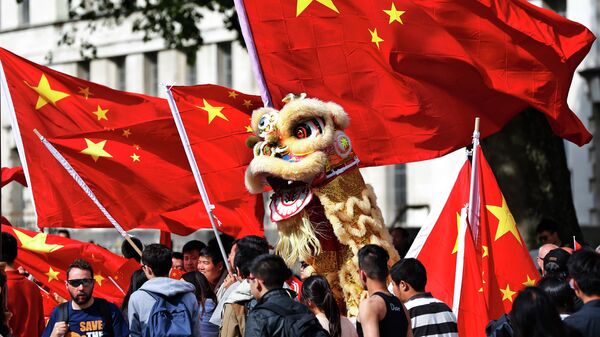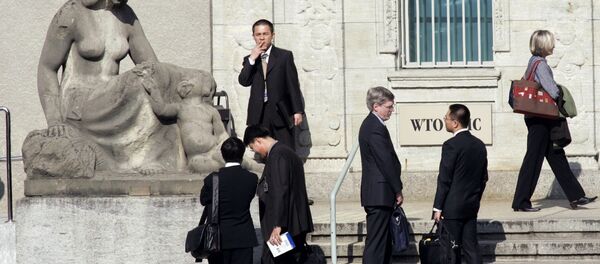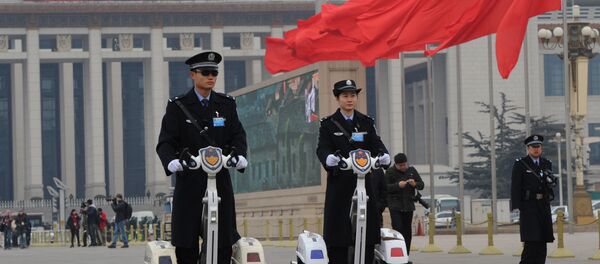However, it's not only cooperation at the governmental level. There is an increased activity of private companies which take a great initiative also.
Partners of China have direct benefits from this cooperation. China transforms the neighboring countries in the region in order to help facilitate the construction of railways, power plants and real estate investments.
In this list of countries that benefit from China, Credit Suisse Group named Indonesia, Malaysia and the Philippines, noting that Chinese direct investment into ASEAN is the third largest after Singapore and Japan. This amounted to $1.6 billion for the first nine months of the year, despite the fact that for all of last year the figure was $600 million.
Expert of the Institute of Stock Market and Management, Mikhail Belyaev draws attention to the fact that while the US administration was busy with the failed project of the agreement on the Trans-Pacific Partnership, China was stepping up its direct investments on a bilateral basis.
“During the whole year this exaggerated TTP agreement which involves the US dominance in the region was under discussion. It was a plan primarily for US interests. China in order to prevent this from happening began to throw new economic anchors in the region,” Belyaev told Sputnik China.
“China will continue to rely on external economic expansion in the region, although it is now also concerned about the rise of the domestic economy and restructuring and balancing of different industries,” Belyaev said.
The observers have also noted the increased investment activity of China in the Asia-Pacific market mergers and acquisitions despite some obstacles. One such example is Australia, in which Chinese investors continue purchasing assets.
Talking about Chinese acquisitions, an expert of the institute of globalization and modernization of China at the University of Foreign Economy and Trade, Wang Zhimin spoke in an interview with Sputnik about which trends are affecting China's activity in the market of mergers and acquisitions.
“The presence of Chinese enterprises in the global market has become an objective and irreversible trend. In the process of internal development, they face the problem of excess production capacity. Against the background of wealth of foreign exchange reserves, they stimulate their external activity, including purchase of foreign enterprises which have large potential at the same time strengthening the management in this area,” the expert said.
The expert further said that Australia fits into that strategy, since it has been given an important place in the initiative of the maritime Silk Road.
China’s recent acquisition of the assets of the company S. Kidman & Co, which is an Australian beef production company, will allow export of Australian beef to China, especially against the background of problems with American beef.
“This is a good example of an entry by the company with Chinese capital into the Australian market,” Wang Zhimin told Sputnik China.
He further said that already the complementary advantages, mutual interest and win-win situation are visible. The level of consumption in China has been steadily increasing and the need of the world-class quality products has also been rising.
“If the US, EU and Japan will not recognize the market economy status of China's economy and will go as far as conducting trade wars with it, it will result in mutual loss. In fact, the positive experience of cooperation with Australia, the United States gives China, the EU and Japan a new reason to reflect on the policies of their choice with respect to China,” Wang Zhimin concluded.
China has called on all WTO members to respect and adhere strictly to the rules of international law, as well as to fulfill international obligations.
This was stated in the article by the Chinese Minister of Commerce, Gao Hucheng on the occasion of the 15th anniversary of China's accession into the WTO. It was published on December 12 in the newspaper People's Daily.
The article stated that China will vigorously defend its legitimate interests; it reserves the right to take further measures to protect its interests in relation to the WTO member states who fail to fulfill their obligations.
Never miss a story again — sign up to our Telegram channel and we'll keep you up to speed!







